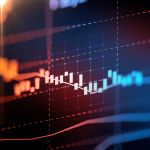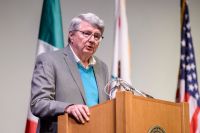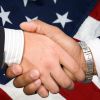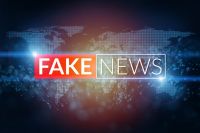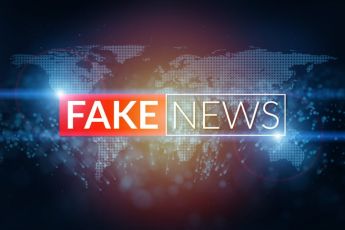Stanford scholars bring imaginative, new approaches to solving issues that our society faces. During the 2016 election, this collective knowledge offered insight for voters. With the elections over, our focus now turns to the future under a Donald Trump presidency. What, for instance, is the future for the Supreme Court, the economy, energy and environmental policy? This page also features content from Wide Angle, a project that offered scholarly, nonpartisan perspectives on the forces that shaped the election.

Wide Angle: Election 2016 will tap experts from Stanford and beyond for scholarly analysis and insights on the forces shaping the election and the challenges ahead. The ongoing series of 3-minute videos and interviews with Stanford faculty and guests is designed to help us understand what is new, different and unique about this moment in history.
Election 2016 News
Stanford scholars offer expert analysis on election year politics and issues.
Election 2016 Events
Project Collaborators
Wide Angle: Election 2016 is a collaboration between Worldview Stanford, Stanford University Communications and Stanford Online.
Election 2016 Lectures
Election 2016
Election 2016 attempts, with the help of experts, to make sense of an election that defies all historical precedent and to take stock of the health of American democracy.
Each week the class examines major topics at stake in the election and for the country: strategies and tactics in modern political campaigning, existential security threats to the United States, inequality and opportunity, tomorrow’s workplace, and the future of democracy.
The course is taught by history Professor David M. Kennedy, political science Professor Rob Reich, Jim Steyer, and Glory Liu, and offered to Stanford students as well as Stanford Continuing Studies students.
Video capture of the panel discussions are being made available to the public as a lecture series on Stanford’s YouTube and iTunes channels through the assistance of the Office of the Vice Provost for Teaching and Learning.
Presidential Politics: Race, Gender, and Inequality in the 2016 Election
Presidential Politics: Race, Gender, and Inequality in the 2016 Election is offered to Stanford students through the Center for Comparative Studies in Race and Ethnicity. The course explores how issues of race, class, and gender have shaped the candidates, campaigns, and society, and offers analysis that spans the presidential race beginning with the announcement of more than ten presidential hopefuls to the current race between the two major party nominees. Taught by Tomas Jimenez, Paula Moya, and Gary Segura, the course also offers an option for Community Engaged Learning — an opportunity to connect coursework with real world applications that benefit the community. Students who pursue this option spend additional hours working with a community organization doing work related to the November election, and reflecting upon their experiences.
Video capture of the course’s panel discussions are being made available to the public as a lecture series on Stanford’s YouTube and iTunes channels, with assistance from the Office of the Vice Provost for Teaching and Learning.
